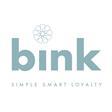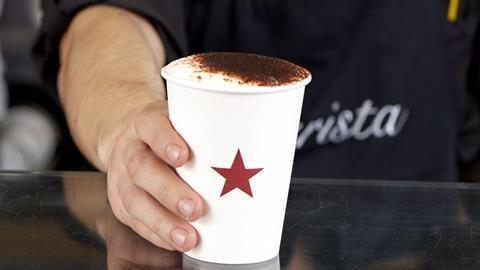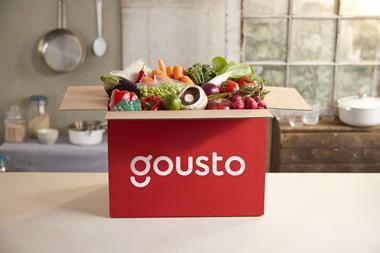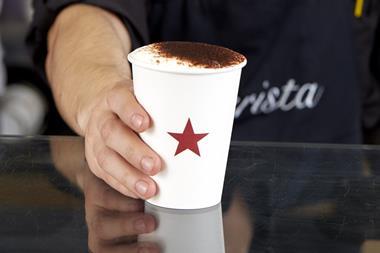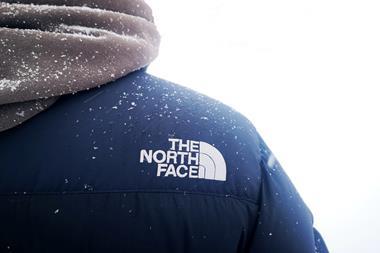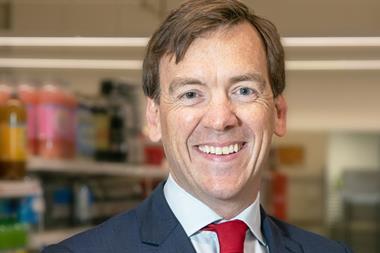PROMOTIONAL RESEARCH
Sophisticated customer profiling is leading to deeper customer insights, higher engagement and more accurate trend forecasting for these food and drink leaders.
The food and drink sector has been ripe for disruption in recent years as consumers increasingly look for tailored products and personalised offers.
But how do the sector’s leading brands build a profile of their customers and then use that data to drive business growth?
In the third article of Retail Week Connect’s loyalty transformation series, in partnership with fintech company Bink, we profile five F&B disruptors that are successfully building customer profiles in order to forge more engaging and long-lasting relationships with their fanbases.
1. Huel
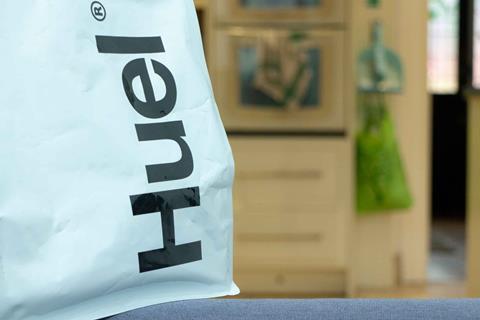
Demand has soared for Huel’s plant-based meal replacements during the pandemic, with the brand capitalising on the dual trends for direct-to-consumer (DTC) products, and personal health and wellbeing.
Its largely subscription-based model (although in recent years it has developed some retail partnerships, most notably with Sainsbury’s) gives the company real-time information about which of its “nutritionally complete” powders, bars, meals and drinks each customer is buying, and makes recommendations accordingly.
When you sign up to receive a Huel product or bundle, you are asked to choose the flavours and quantities you would like, and the delivery frequency. You can flex this information and pause or cancel your subscription at any time.
The company generates further customer data by hosting a short quiz on the website homepage, which matches customers to the products that meet their fitness goals.
You are invited to share information, such as your main reason for trying Huel – to eat healthier or lose weight, for instance – and whether you favour sweet or savoury products.
Huel also hosts an online community where users of the brand can ask questions of one another and share tips and information.
All the data generated through its own platform helps Huel build a detailed picture of who is using its products, and their likes and dislikes. It can then tailor its marketing and product development accordingly.
2. Pret a Manger
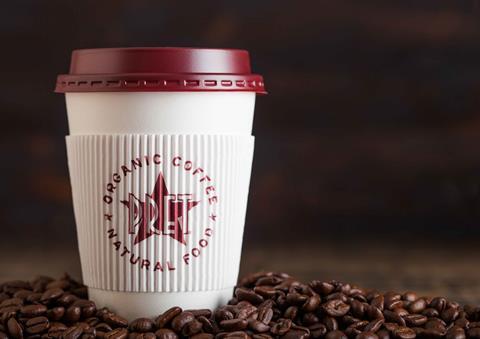
Pret has overhauled its entire business model during the pandemic, having seen trade at its core city centre shops decimated by coronavirus restrictions.
It has also taken the opportunity to transform its tech capabilities to develop a digital ecosystem that allows it to develop insight and data-led products and services based on customer behaviour.
The food-to-go specialist recently launched its first loyalty programme – Pret Perks – which offers members the chance to scan a QR code and earn a star every time they shop in-store or use Pret’s click-and-collect service. Every 10 stars are rewarded with a tailored reward, ranging from popcorn bags to vegan cookies.
Pret has linked its loyalty scheme with its coffee subscription service, YourPret Barista, which launched at the height of the pandemic and gives customers access to five free coffees per day for the price of £20 per month.
Subscribers can earn extra loyalty stars every month they renew their subscriptions, and every time they purchase a food item alongside one of their free coffees.
“For a while now, we’ve wanted to find a way to reward our customers by giving them treats that are specifically tailored to their preferences, and Pret Perks does just that”
Clare Clough, Pret
It’s all part of Pret’s strategy to generate detailed insight into its customers and their purchasing habits that can drive decision-making. For example, data that showed customers wanted to make orders later in the day led to Pret developing a new dinner menu.
“For a while now, we’ve wanted to find a way to reward our customers by giving them treats that are specifically tailored to their preferences, and Pret Perks does just that,” says Pret UK managing director Clare Clough.
3. Gousto
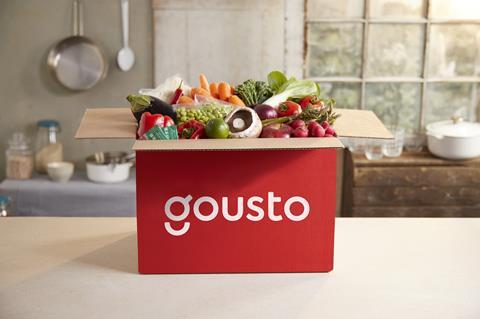
Gousto’s recent growth has been stratospheric as demand for meal kits surged during the pandemic. The company was one of the pioneers of the meal kit market, and understood early on that knowing its customers was at the heart of exploiting market growth opportunities.
Back in 2019, founder and chief executive Timo Boldt told Retail Week: “The biggest trends we’re seeing in food at the moment is towards personalisation and we’re in a great position to take huge advantage of this.
“To us, it’s really about building a platform, capabilities and algorithms that give you as a customer what you really love.”
Gousto customers can choose from more than 60 different recipes each week, as well as tailor their delivery day and how many people each meal serves.
“It’s really about building a platform, capabilities and algorithms that give you as a customer what you really love”
Timo Boldt, Gousto
As customers shop more with the company, Gousto’s recommendation engine uses intelligent algorithms to serve up recipe suggestions based on previous purchases or recipes customers have looked at.
The brand has recently looked to personalise its offer in even more innovative ways. Last year, it partnered with Spotify to provide recipe suggestions that matched customers’ tastes in music, based on their recent selections on the music-streaming app.
A customer who has just listened to high-energy music, for example, might be recommended a chicken vindaloo recipe.
4. Leon
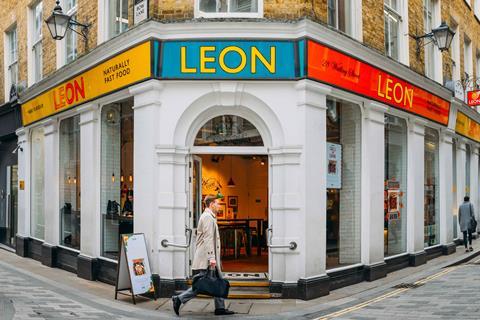
With a proposition centred on “naturally fast food”, restaurant chain Leon was established in London in 2004. It immediately attracted praise and awards for its commitment to contemporary consumer lifestyle trends, such as plant-based recipes, natural ingredients and sustainable business practices.
This popular and innovative brand has focused considerable attention and money on its Leon Club loyalty programme. According to its website, participants can “help shape the future of fast food” by becoming part of the club. Benefits include a free meal when you sign up, regular offers and treats, a monthly newsletter and restaurant opening news, plus invitations to any parties, tastings or events the chain organises.
Since the onset of the pandemic and the following post-lockdown surge of customers to physical restaurants, the chain has been redefining its target audience along with focusing its attention on product innovation in its grocery range, restaurant menu and delivery offering.
Customer profiling has also been a key focus. In 2020 the launch of its mobile ordering channel Smart Order enabled it to identify the individual club members behind each transaction, as well as grow its community through new members. It is also at the final stages of migrating to a more advanced email marketing tool that enables the chain to share the value of its data with customers by building automated email journeys and campaigns that are personalised to members’ preferences.
By building its own data warehouse, Leon hopes to improve its analysis of customer insights and better consolidate customer data from across multiple touchpoints.
5. Yo!
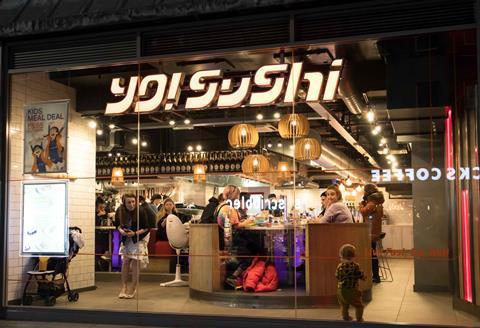
Famous for its sushi, Japanese food-to-go brand Yo! has reaped the rewards from implementing a mobile order-and-pay facility at its restaurants.
Using a smartphone or a tablet borrowed from store staff, customers now have the option to scan a QR code on the table to display a digital menu. They can then browse, select and pay for their food using a mobile device.
By enabling the business to see exactly what individual customers have ordered, rather than generic sales data on the kind of dish sold, the mobile order-and-pay innovation has created a wealth of quality customer insight that Yo! was previously unable to access.
“In the past, we didn’t know what we sold because all our payment beforehand went through coloured plates,” Yo! managing director Emma Deabill told the BigHospitality website. “For the first time since Yo! started, we are able to have accurate sales data.”
Yo! also encourages people using the mobile app to leave feedback and is able to generate additional customer insight by offering customers the opportunity to order online for collection or delivery via Deliveroo, Just Eat and UberEats.
Opinion from Bink
“We see a massive increase in the desire for consumers to be treated as individuals by the brands they are shopping with. When we look at the stats, a whopping 91% of customers say they are more likely to purchase from brands that provide them with relevant offers and recommendations, according to YouGov.
“This means retailers are increasingly looking for ways to be able to offer personalisation. If you understand who your customers are and you are talking to them about the things they are interested in, this will have an impact on their loyalty and your ROI. The stats speak for themselves here – according to Adweek, personalisation can reduce customer acquisition costs by up to 50%.
“When we look at the above brands, it’s clear that understanding your customer’s shopping behaviour can transform your business on many levels.
“At Bink, we believe that the most successful retailers will combine technology and engaging customer propositions to garner a more complete view of their customers. Innovative retailers are looking at how they can use the likes of mobile and payment technologies to join up online and offline customer data. These technologies work to inform a more relevant customer offer and support a more frictionless customer experience. This is what we do at Bink.”
